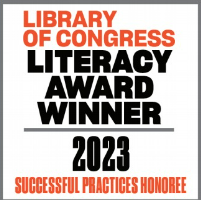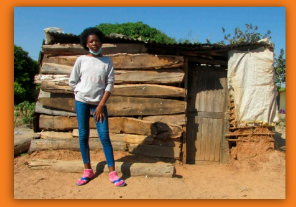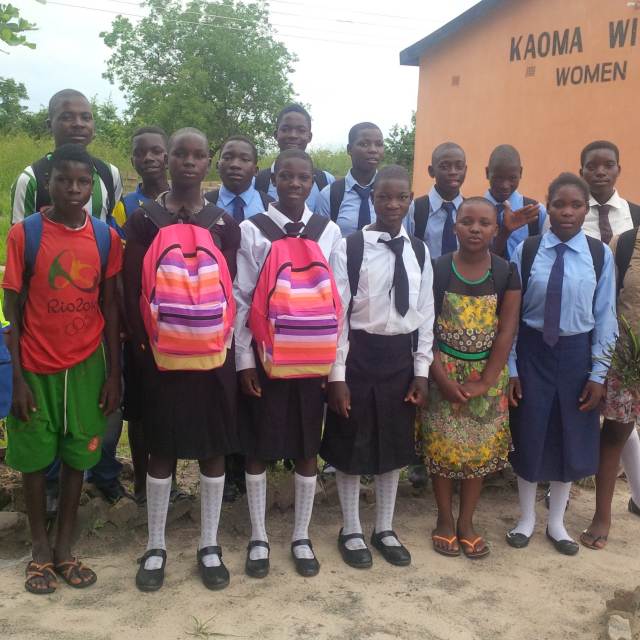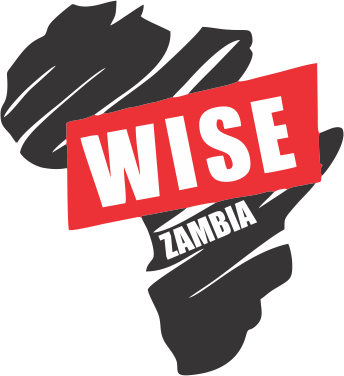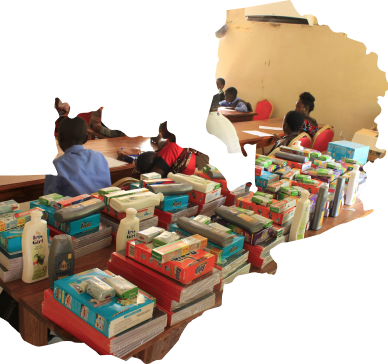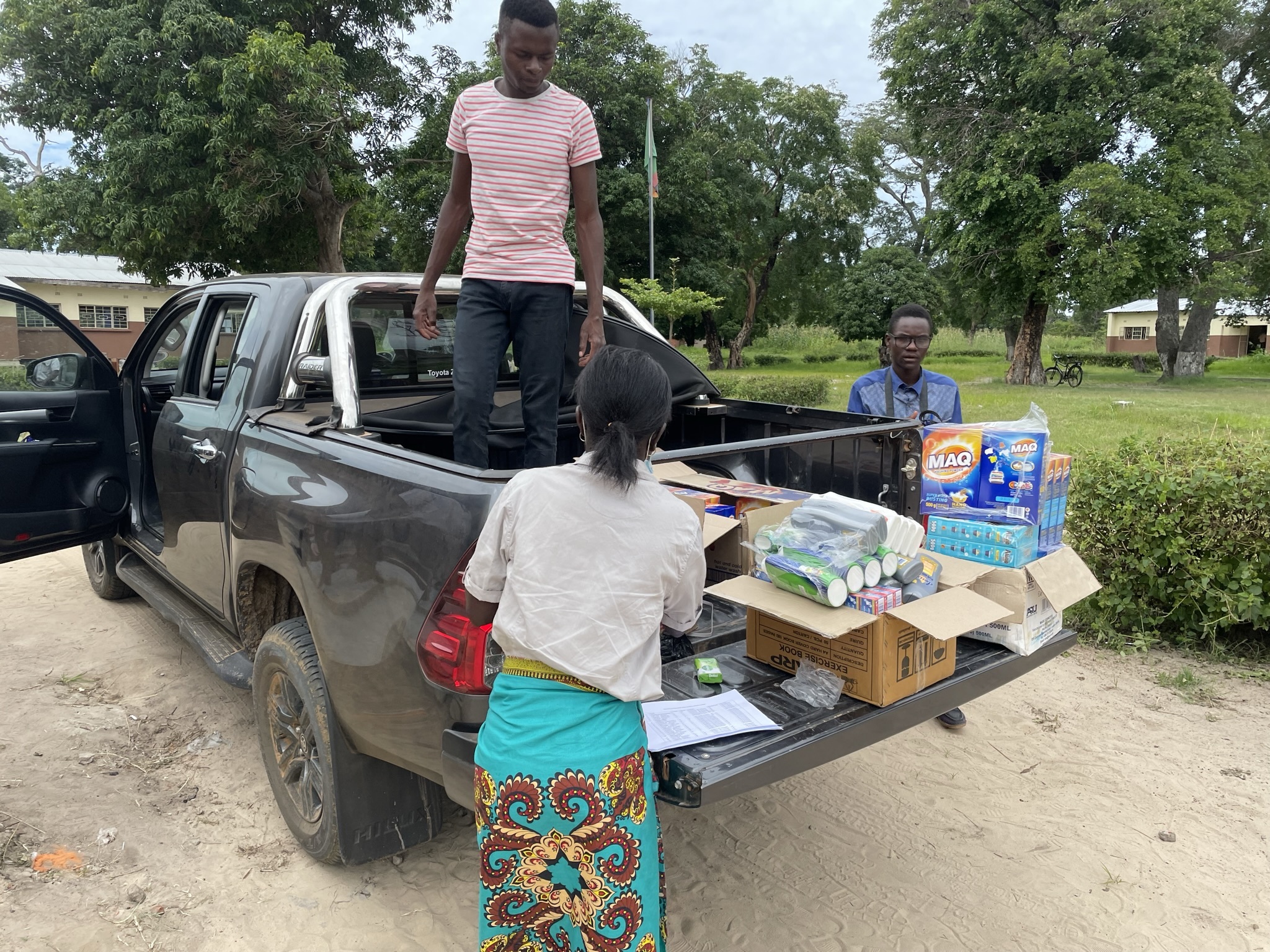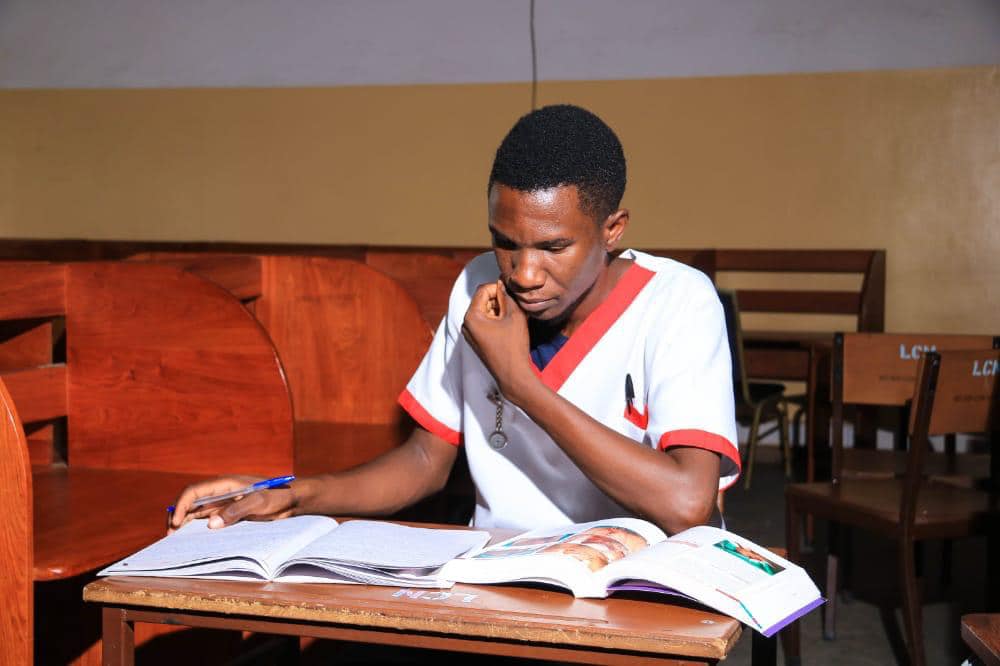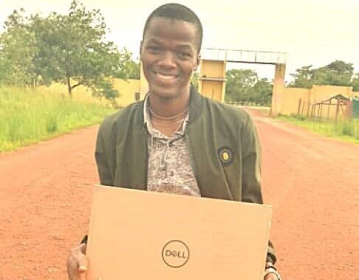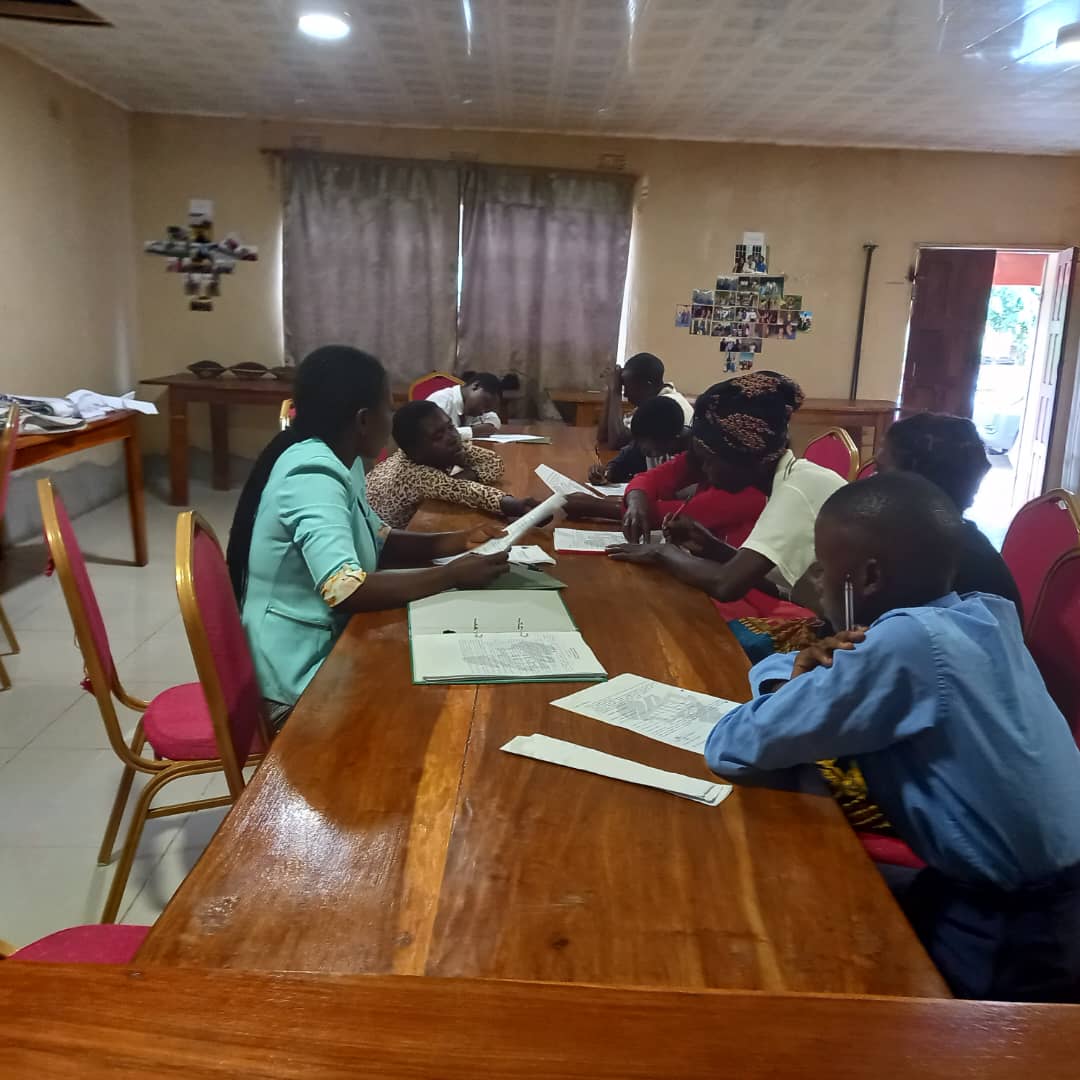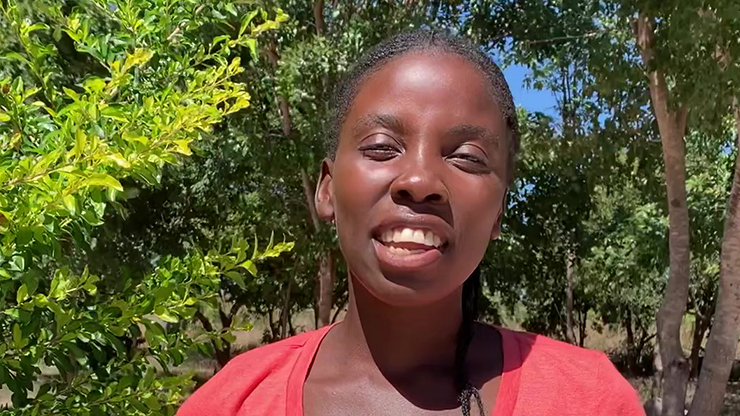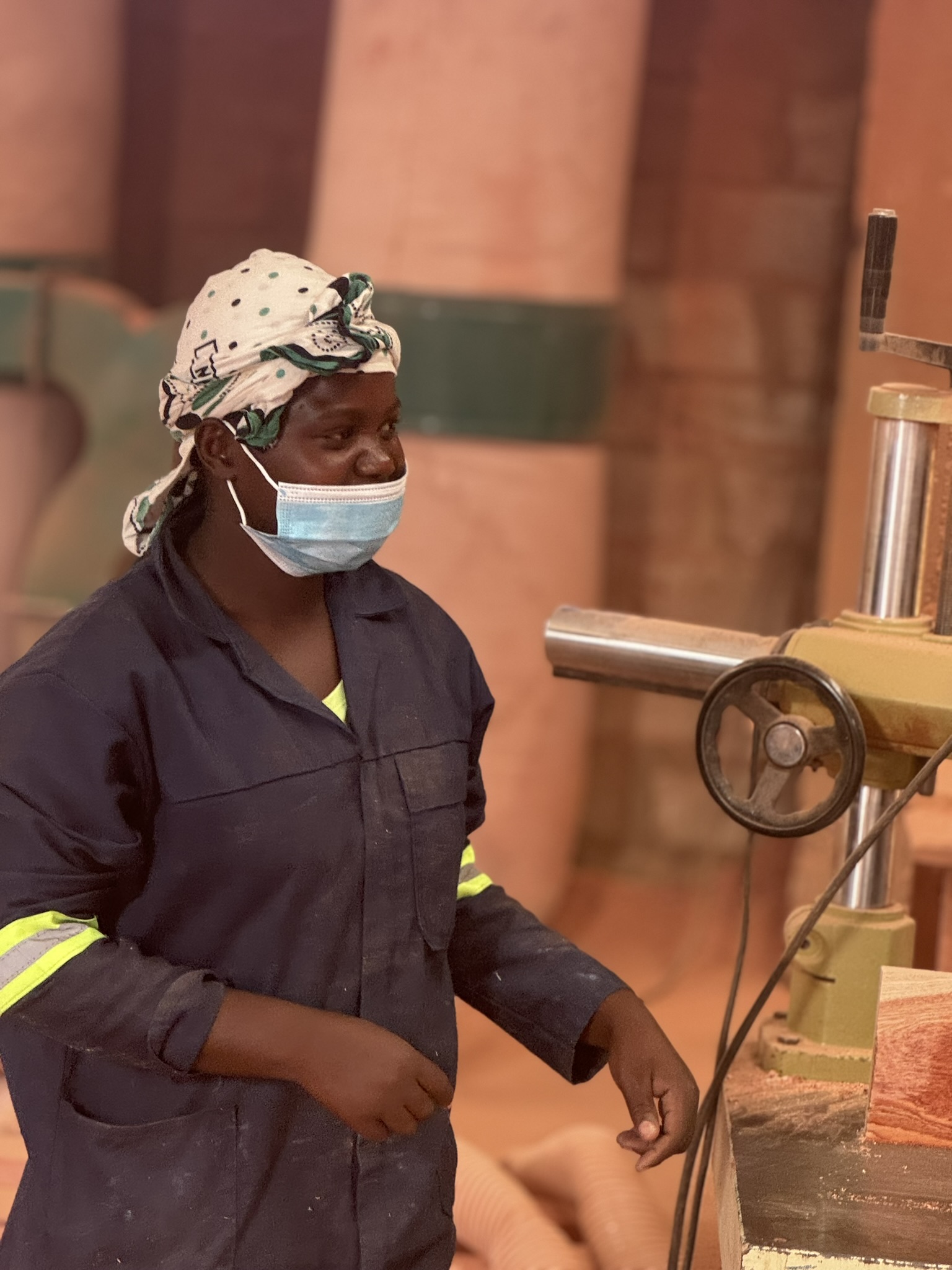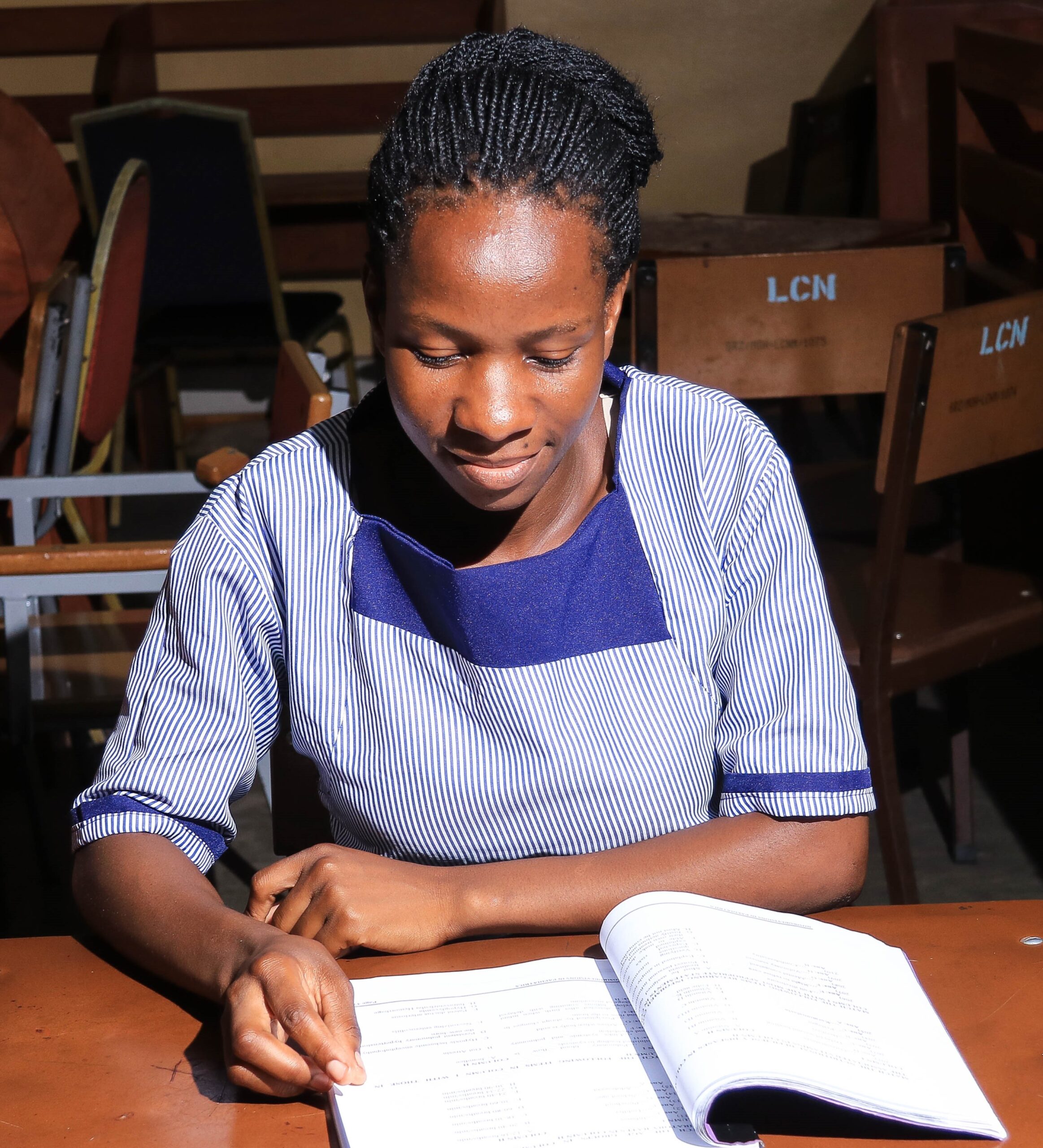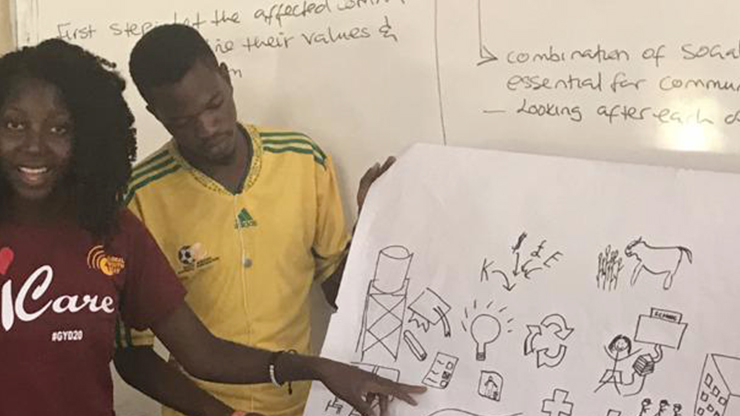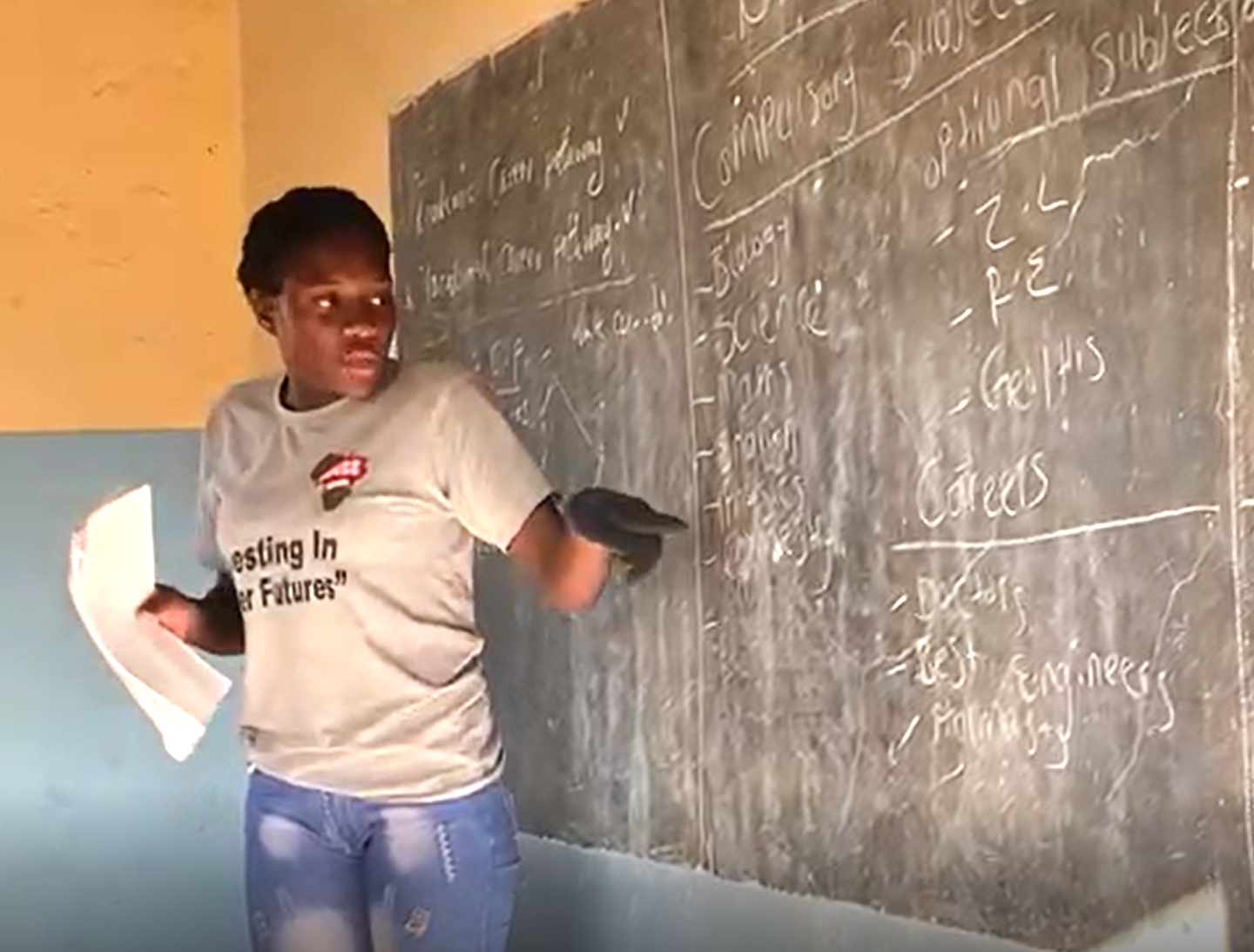Beyond The Classroom
Education does not end in the classroom, particularly for our scholars who have limited world experience.
WISE Zambia Education should never be limited to the classroom, and this is even more true with students from rural Western Province, where there is no electricity or internet, and even basic mobility is limited. Many concepts from school are theoretical only, with no exposure to the principles in real life. Thus, WISE Zambia engages in numerous extracurricular activities for our students

"Reading Is Fun": Like bookmobiles of old, WISE Zambia brings books to its students throughout the rural communities of the Western Province, encouraging them to read after school hours or during term breaks with small cash awards. This program not only instills the love of leisure reading, but also expands each child's world and improves her or his English skills
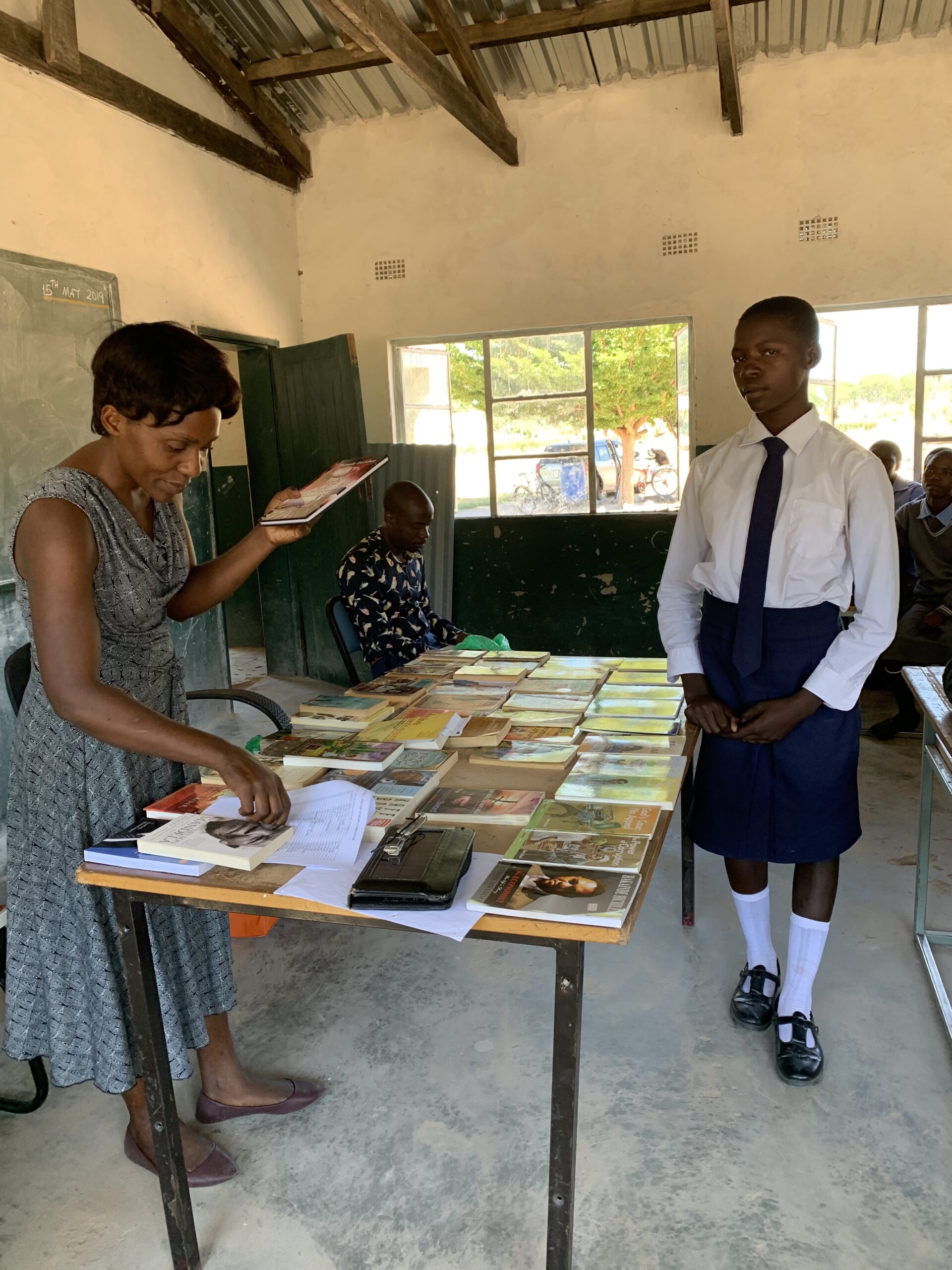
Field trips. WISE Zambia leads teams of students to various learning opportunities, such as the nation's capital, where student can observe the National Assembly of Zamia in progress, tour the National Museum, and check out colleges and universities
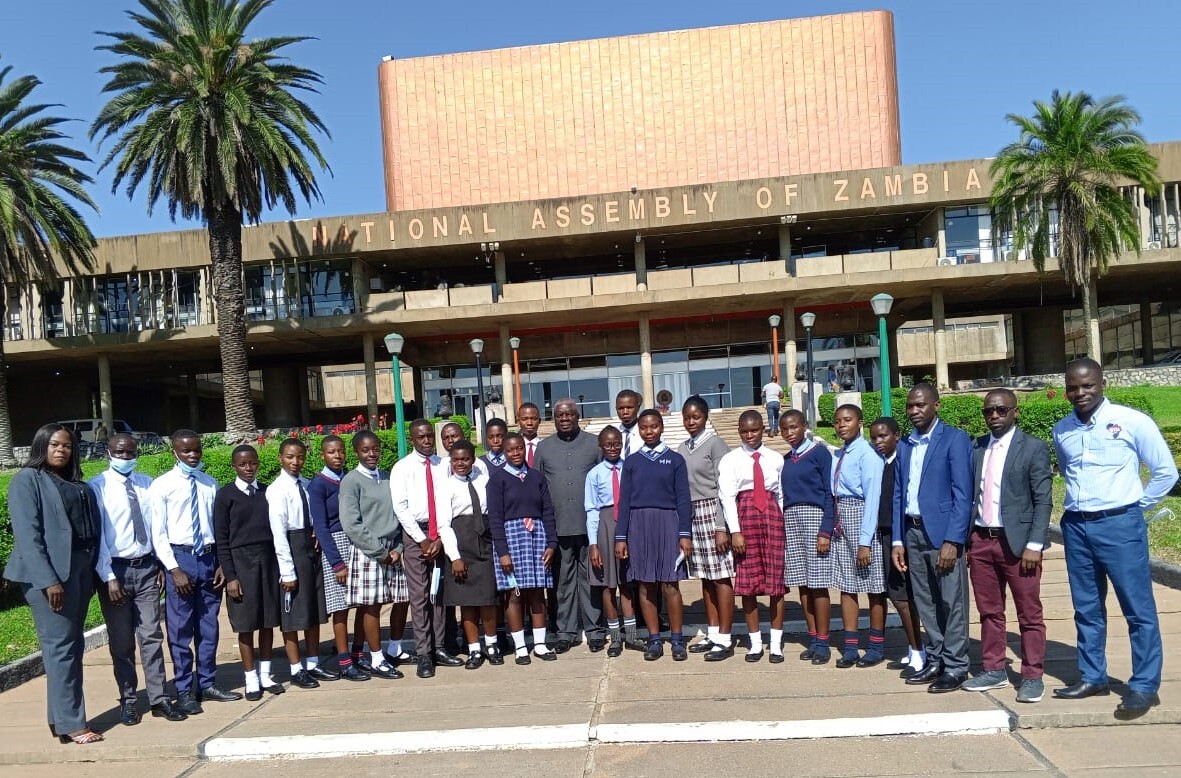
Creative Writing WISE Zambia sponsors creative writing programs for its students, expanding both their creative and critical thinking skills.
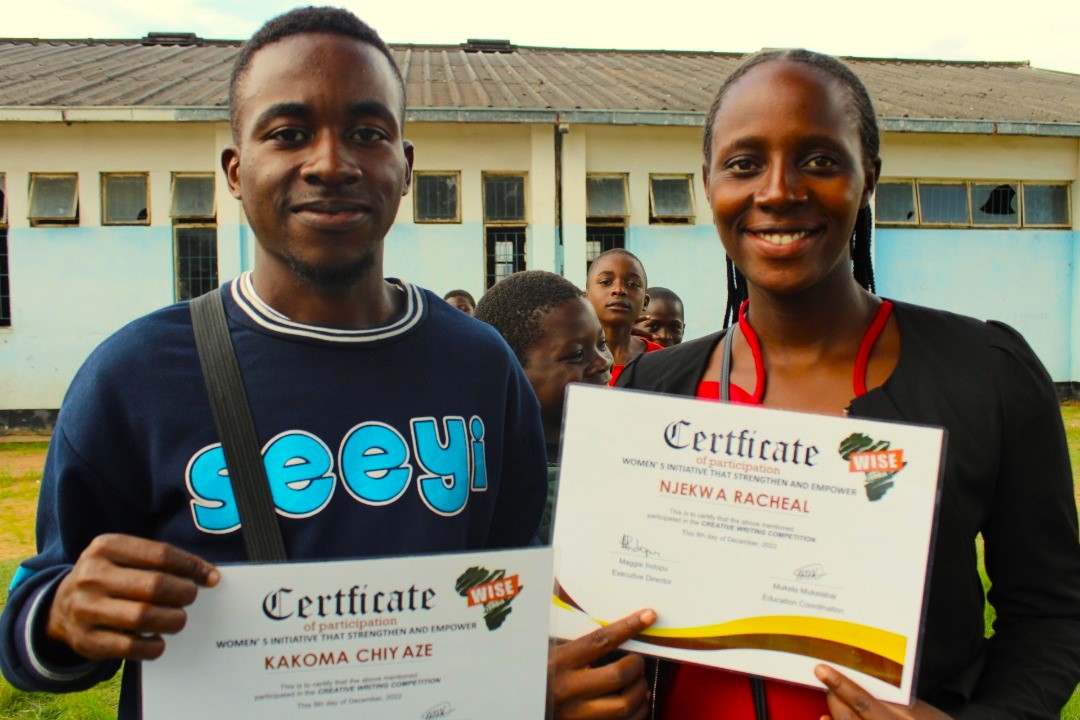
On September 8th, 2023, the US Library of Congress awarded WISE Zambia one of the ten annual distinction of excellence in literacy programs.
